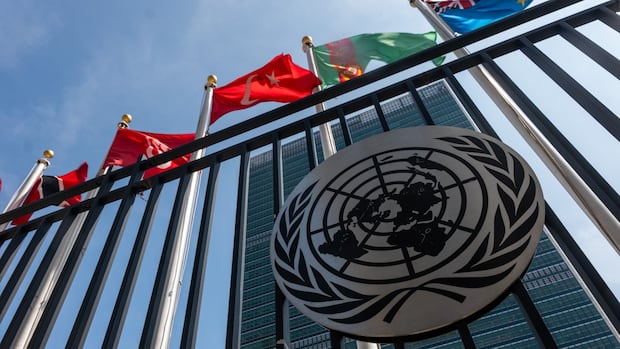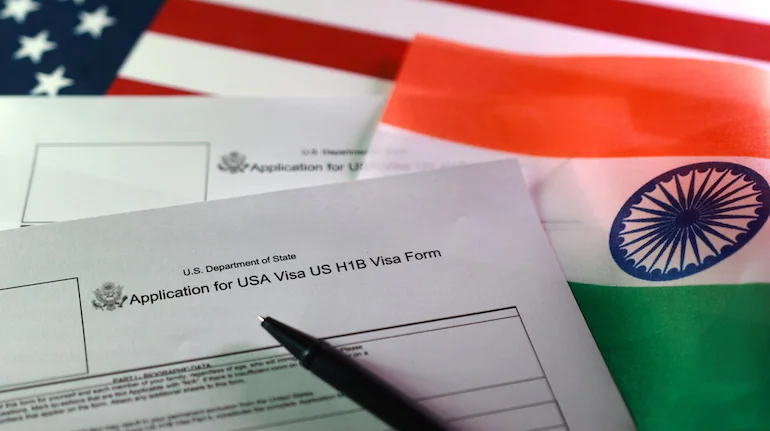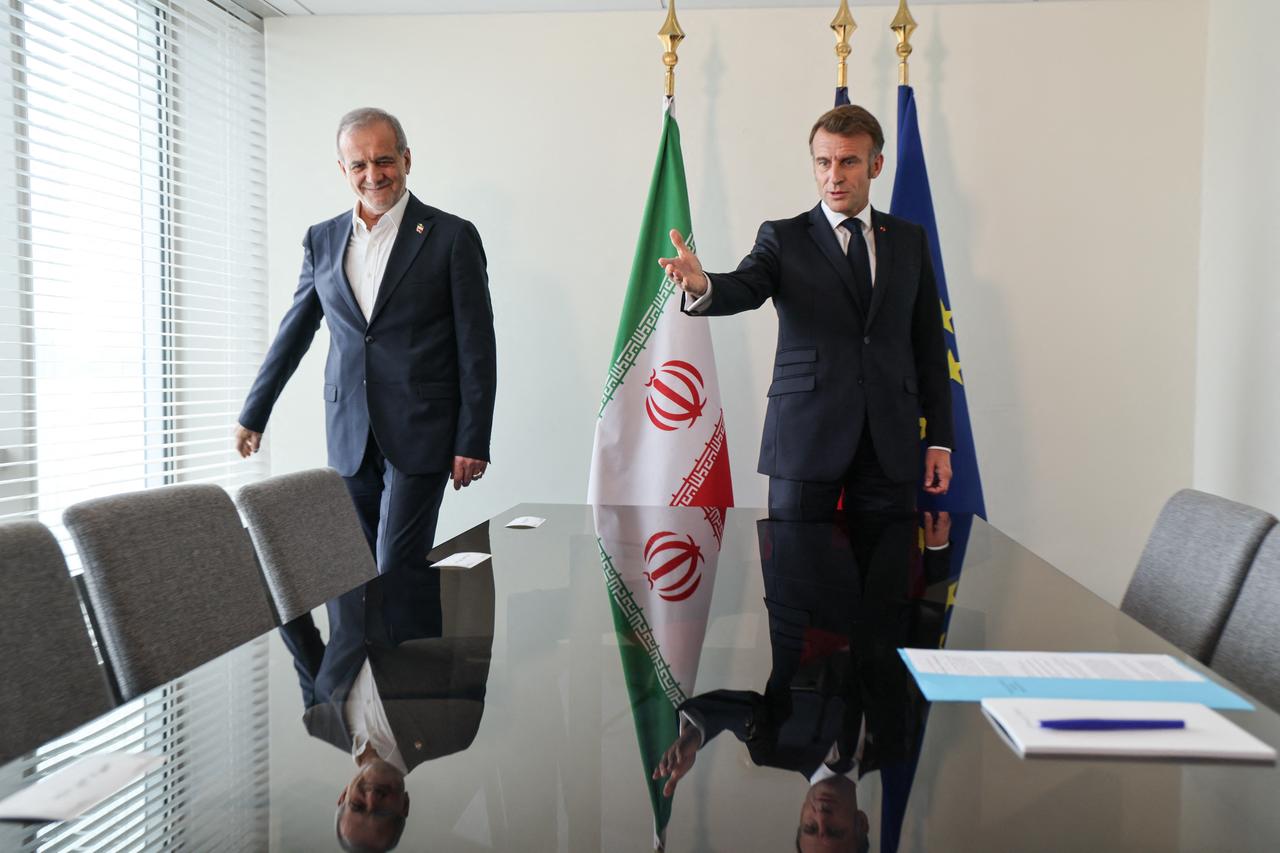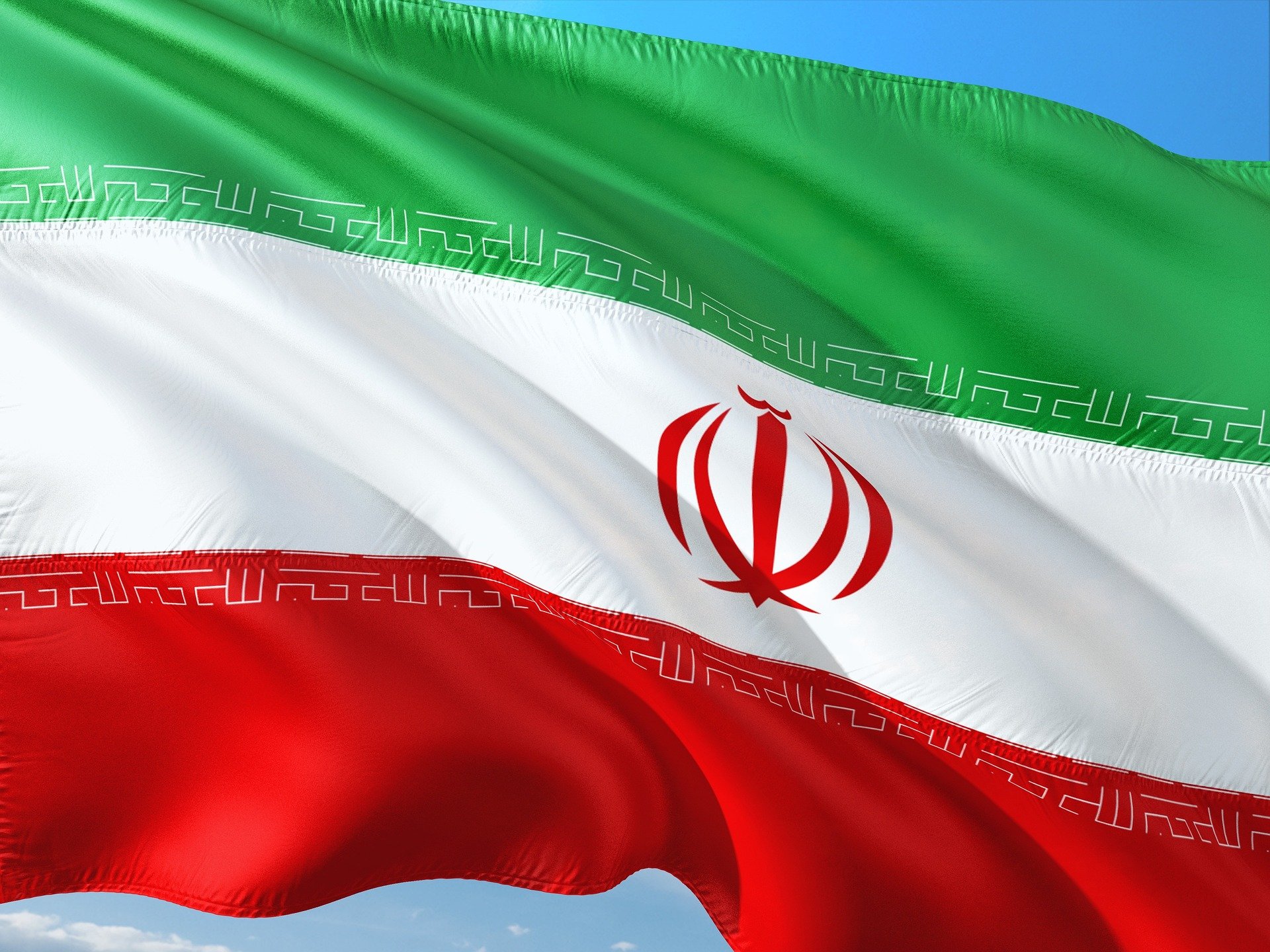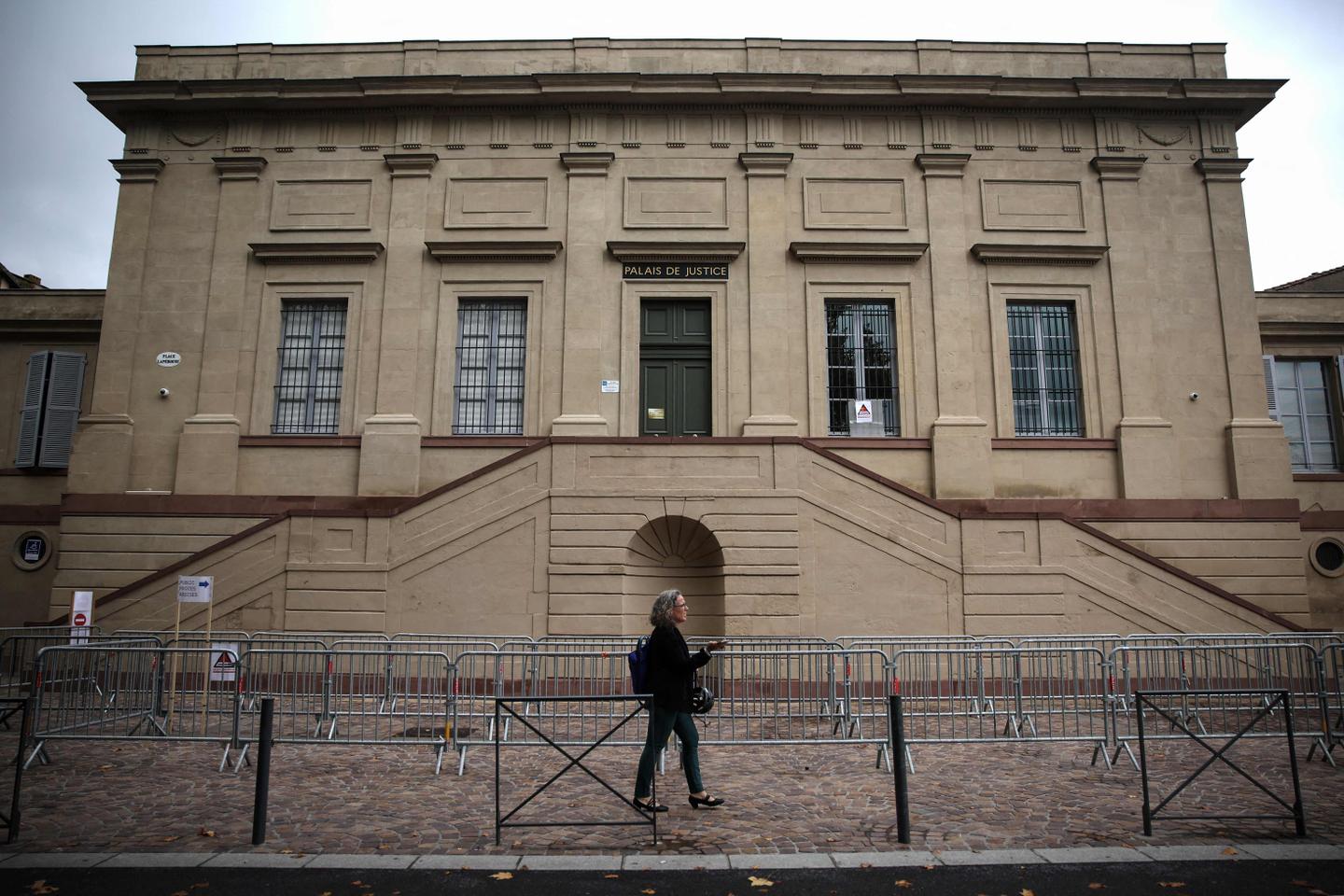UN Sanctions on Iran Reimposed Amid Nuclear Program Concerns
The United Nations has reimposed sweeping economic and military sanctions on Iran, marking a significant escalation in international pressure over its nuclear program. The sanctions, which took effect late Saturday, come after last-ditch diplomatic efforts failed to address concerns about Iran's compliance with the 2015 nuclear deal, also known as the Joint Comprehensive Plan of Action (JCPOA). These measures are expected to have far-reaching effects on Iran's already struggling economy.
The "Snapback" Mechanism and International Response
The reimposition of sanctions was triggered by the United Kingdom, France, and Germany (E3), who accused Iran of failing to fulfill its commitments under the JCPOA. This action invoked the "snapback" mechanism, a provision in the 2015 agreement that allows for the reinstatement of previous sanctions if Iran violates the terms of the deal. President Masoud Pezeshkian of Iran condemned the sanctions as "unfair, unjust, and illegal." A resolution proposed by China and Russia to delay the sanctions by six months failed to garner sufficient support in the UN Security Council.
Key Sanctions Imposed
The reimposed sanctions include a range of restrictive measures:
- An arms embargo.
- A ban on uranium enrichment.
- A ban on activity connected to ballistic missiles capable of delivering nuclear weapons.
- A freeze of assets and a travel ban on Iranian figures and entities.
- Authorization of countries to inspect Iran Air and Iran Shipping Lines cargo.
Iran's Stance and Regional Tensions
Despite the international pressure, Iran maintains that its nuclear program is for peaceful purposes and denies seeking nuclear weapons. However, Western powers and the International Atomic Energy Agency (IAEA) remain skeptical, citing Iran's stockpile of enriched uranium and its past non-compliance with international inspections. President Pezeshkian has stated that Iran requires reassurances that its nuclear facilities will not be attacked by Israel in order to normalize its uranium enrichment program.
Failed Diplomacy and Future Outlook
Efforts to reach a diplomatic solution have been complicated by a history of distrust and failed negotiations. The US withdrawal from the JCPOA in 2016 under President Donald Trump further undermined the agreement. Recent attacks on Iranian nuclear facilities by Israel and the United States have also fueled tensions and hardened Iran's stance. While some countries have called for continued dialogue, the reimposition of sanctions is expected to exacerbate the existing economic and political challenges facing Iran, and tensions in the region are likely to intensify.
Sanctions and Economic Impact
Prior to their lift under the JCPOA, sanctions had a crippling effect on Iran's economy. The return of these economic restrictions is already being felt, with the Iranian currency, the rial, experiencing a significant decline. The impact on the Iranian population is a major concern, as rising prices make basic necessities increasingly unaffordable. Secretary of State Marco Rubio urged Tehran to accept direct talks to create a deal for the Iranian people and the world.
 Visit the website
Visit the website
